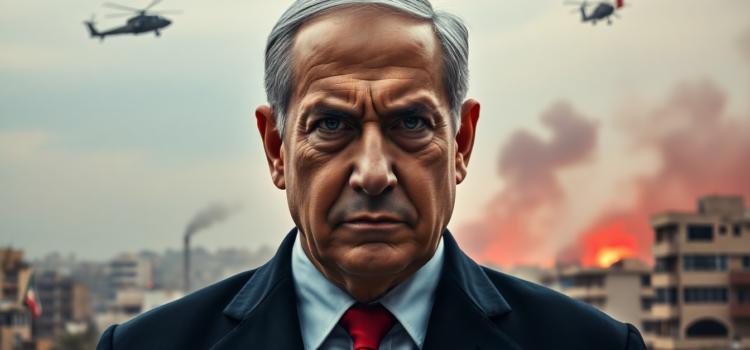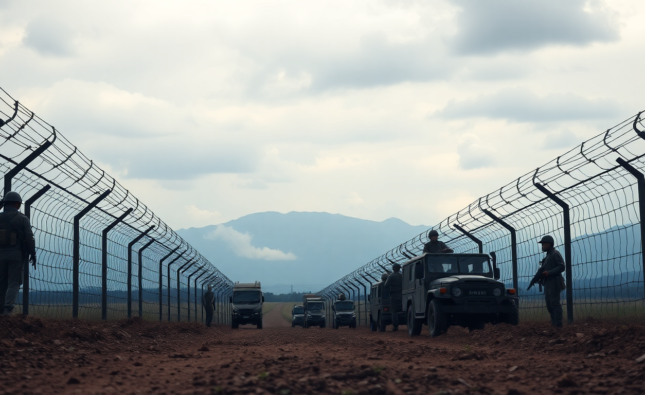
Hamas Rejects Ceasefire Proposal Amid Rising Israeli Military Action in Gaza
The delicate negotiations over a possible ceasefire in the Gaza Strip suffered a setback as Hamas rejected the latest Israeli proposal. This development comes as hardline Israeli politicians advocate for increased military operations, further intensifying a conflict already mired in complexity and tragedy.
The Current State of Negotiations
Hamas has turned down an Israeli proposal that would have temporarily halted hostilities in exchange for the release of 10 Israeli hostages. The proposal included a 45-day truce, the release of 1,231 Palestinian prisoners, and a commitment to increase humanitarian aid to Gaza. Critical to Israel’s proposal was the demand for the disarmament of Hamas without a guaranteed end to the war or full Israeli withdrawal from Gaza, conditions deemed unacceptable by the organization.
Challenges in Achieving a Ceasefire
As the conflict stretches into its 18th month since the October 7, 2023, attack, Hamas demands a comprehensive agreement for any lasting peace. This includes a permanent ceasefire, the surrender of all hostages, and Israel’s complete military withdrawal from the Gaza Strip. Approximately 59 hostages remain in Gaza, with only 24 estimated to be alive.
Israeli Military Strategies and Political Pressures
Israeli Defense Minister Israel Katz has unequivocally stated that troops control over half of the Gaza Strip, emphasizing that Israel will not withdraw from these areas. In concurrence, Prime Minister Benjamin Netanyahu has ordered an escalation of military operations, with advances into both northern and southern Gaza. Political support for this strategy comes from hardline Israeli politicians who remain resolute on territorial control and sustained pressure on Hamas until further concessions are made on hostage releases and disarmament.
Humanitarian Impact and International Mediation
The continuation of hostilities without a ceasefire severely impacts Gaza’s civilian population, exacerbating the humanitarian crisis. Efforts by international mediators, including Egypt and Qatar, persist, but achieving consensus appears difficult as both parties hold conflicting preconditions and demands. A ceasefire remains elusive, leaving the people of Gaza in dire need of immediate and sustained humanitarian relief.
Outlook and Future Implications
As negotiations stutter, the prospect for a peaceful resolution becomes markedly slimmer, raising concerns about the prolonged impact on hostages and the possibility of escalation into a broader regional conflict. The international community continues to closely monitor the situation, advocating for renewed dialogue and meaningful steps toward peace.
- Understanding Hamas’ ceasefire rejection involves examining their demand for a full Israeli withdrawal.
- Hardline Israeli politicians are pivotal in shaping military escalation strategies in the Gaza Strip.
- The hostage release conditions in Gaza continue to be a crucial aspect of negotiations.
FAQs
What is the main reason for Hamas’ ceasefire rejection? Hamas demands a comprehensive deal, including a permanent ceasefire and full Israeli withdrawal, neither of which were included in the recent proposal.
How have Israeli policies impacted the ceasefire negotiations? Israeli hardline politicians have pushed for military escalation, resulting in an environment less conducive to reaching an agreement that meets both parties’ conditions.
What role does international mediation play in the Gaza ceasefire negotiations? International mediators like Egypt and Qatar continue to facilitate dialogue between the involved parties, though consensus remains challenging under the present conditions.










Comments